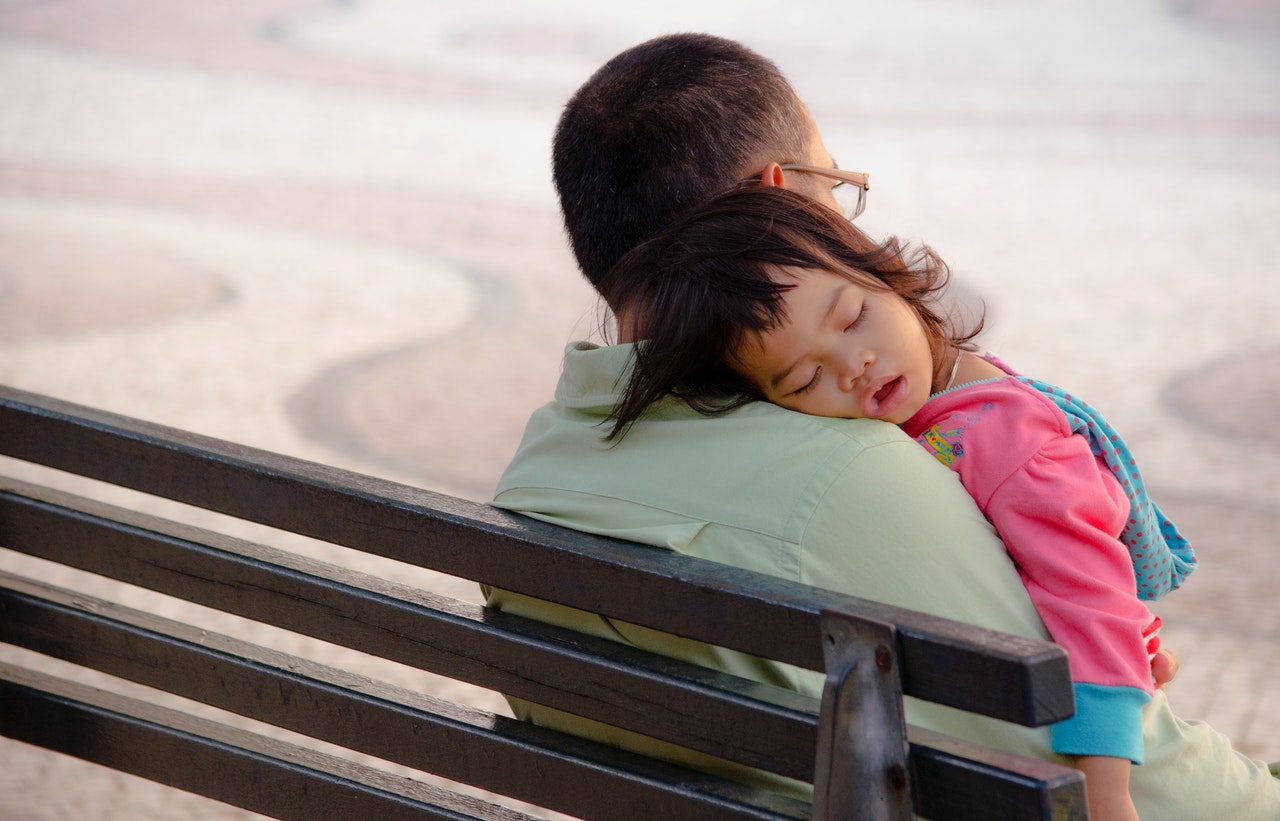This Sunday is Father’s Day, where we traditionally give thanks and honour those who have fathered us. I know that in so many ways I am privileged to have mainly warm and happy memories of my father who, though at times stern, was a loving and caring man who I looked up to, admired and loved. His family had suffered under the troubles in Ireland and on emigrating to Australia to begin a new life with his parents and eight siblings, my father learnt to milk the cow, tend his vegetable patch before walking the miles into town for school. I grew up with stories of his time as a prisoner of war in Europe after being captured at Tobruk in the Second World War, and learning Hebrew from a rabbi in the camp. I heard stories of his work in New Hebrides as a missionary, and so grew up with an awareness of his courage, his faith, vision and dedication. There are so many warm memories I have of him. However, I am also aware that not everyone shares my experience of being fathered.
One of the very unfortunate impacts of the lockdowns on the mental health of families has been the rise of domestic violence – already too high – and the range of serious impacts this has, including increased demands placed upon mental health services as tensions in the home erupt. This tragic experience for too many, as well as a range of other experiences can have a big impact on how we imagine and understand God.
One of the favourite images of God given to us by Jesus is the image of God as ‘Father’. For Jesus it was a very positive image that spoke of intimacy and a deep connection of love and care. However for those whose fathers have been absent, abusive or neglectful, the idea of God as Father presents a very real problem, so much so that some want to get rid of that image of God altogether. And yet, the central prayer given to us by Jesus begins with the words, Our Father.
Our faith teaches us that instead of projecting onto God our poor images of fatherhood, it is far more helpful to see the fatherhood of God offering us what true parenting could be and should be like. For all fathers, the vision to strive for in learning to parent is that of the loving justice of God. What helps this is to know that when the Bible speak of love, it’s not just speaking about warm fuzzy feelings. Paul understood that love has an inner strength that shows itself in patience, in kindness, and has the strength of character to encourage loving relationships generally and not to feel jealous of the love shown to others. Love opens our lives up and frees us to love others, where jealousy tries to control and manipulate and contain others. Love also encourages us to live full and active lives independent yet connected and engaged with others. So one of the roles that fathers often take on is to encourage adventure in us, even some risk taking, where we learn from our experience.
The prayer we begin by saying, ‘Our Father’ goes on immediately to say, ‘hallowed be your name’. I’m sure you have heard the joke about the little boy who thought that God’s name was Harold (Harold be your name). The word ‘hallowed’ means ‘holy’ and often people have said that what that means is that we shouldn’t use the name of God as a swear word, however, more importantly it’s all about how we live in a way that honours God. When we treat people well we honour God because – being made in God’s image – we represent God and so our actions should reflect the nature of God.
That’s what our reading from the letter of James is saying to us this week. You do well if you really fulfil the law according to the scripture, “You shall love your neighbour as yourself.”
Paul in his letter to the Colossians teaches us that Jesus is the image of the invisible God. That is, when we look at Jesus we get a pretty good glimpse of what God is like. In the gospel reading Mark shows Jesus reaching out to touch and heal people and so lead them to greater freedom. Where our image of a father might have been bruised and battered by our experience, the Bible offers an antidote by showing us what God is truly like, and so offering us an alternative vision of what life can be. Let us offer to God our thanks for all those who have nurtured us by their wisdom, courage and vision and also by their humour and sense of fun. Let us thank God for those who have inspired a sense of justice in us and guided us in faith. Above all let us thank God for those who have and continue to love us and lead us to freedom.
Peter
Photo by Aditya Bose from Pexels





